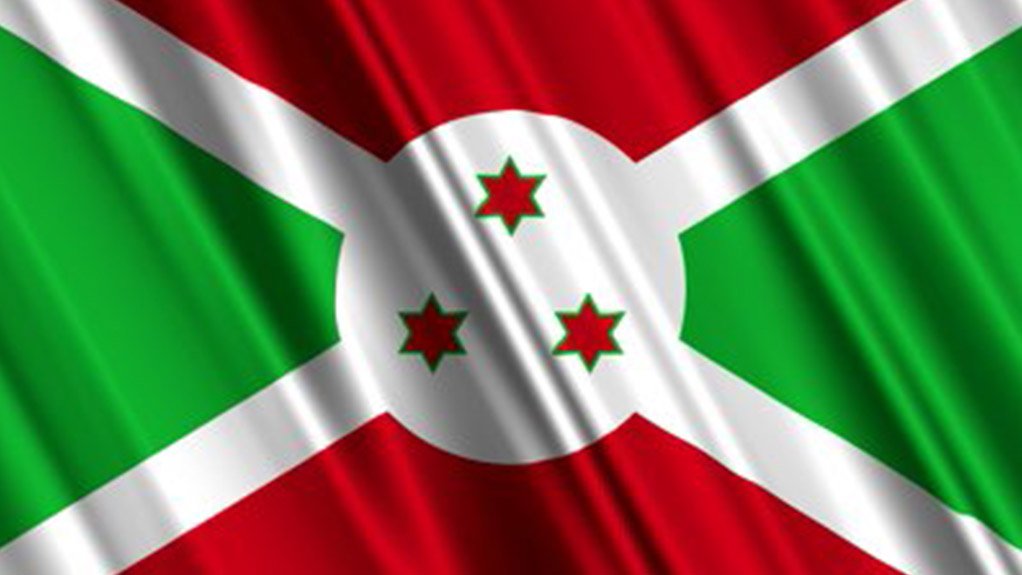Burundi's economy is projected to expand 4.3% this year from 2.7% in 2023, helped by improved performance in the agriculture sector, the International Monetary Fund said.
With a population of 12-million, Burundi's economy relies heavily on agriculture revenues, especially from tea and coffee.
"Growth is projected to accelerate ... supported by strong agricultural production, productive investment, and the ongoing reforms," the fund said in a statement late on Monday.
Fuel shortages had hampered economic activity in 2023, the fund said.
Burundi's economy is only starting to recover from years of conflict and political upheaval under former leader Pierre Nkurunziza that left key sectors blighted.
It experienced a shortage of hard currency after a 2015 political crisis that prompted donors to suspend aid. In 2022 the European Union agreed to resume financial support, while United States also pledged aid.
The IMF said at the end of last year, Burundi's foreign exchange reserves stood at $96.4-million, or 0.8 months of import cover.
Inflows from remittances, gold exports and disbursement of funds by IMF gave some relief, the fund said.
EMAIL THIS ARTICLE SAVE THIS ARTICLE
To subscribe email subscriptions@creamermedia.co.za or click here
To advertise email advertising@creamermedia.co.za or click here











